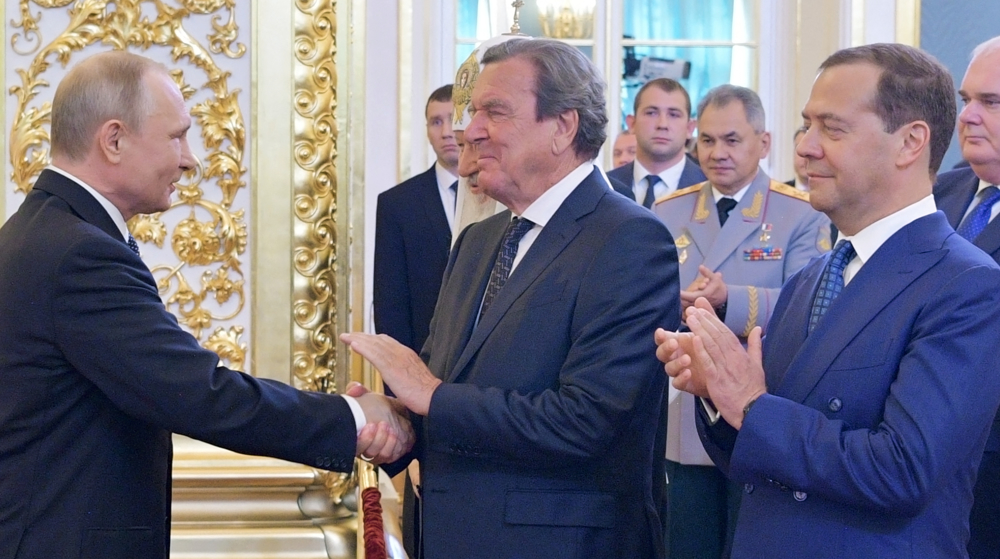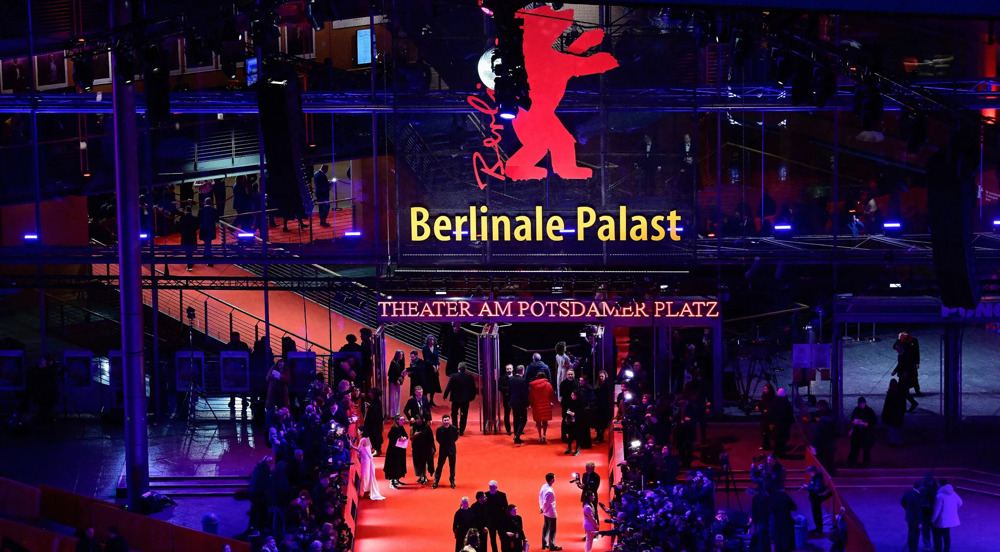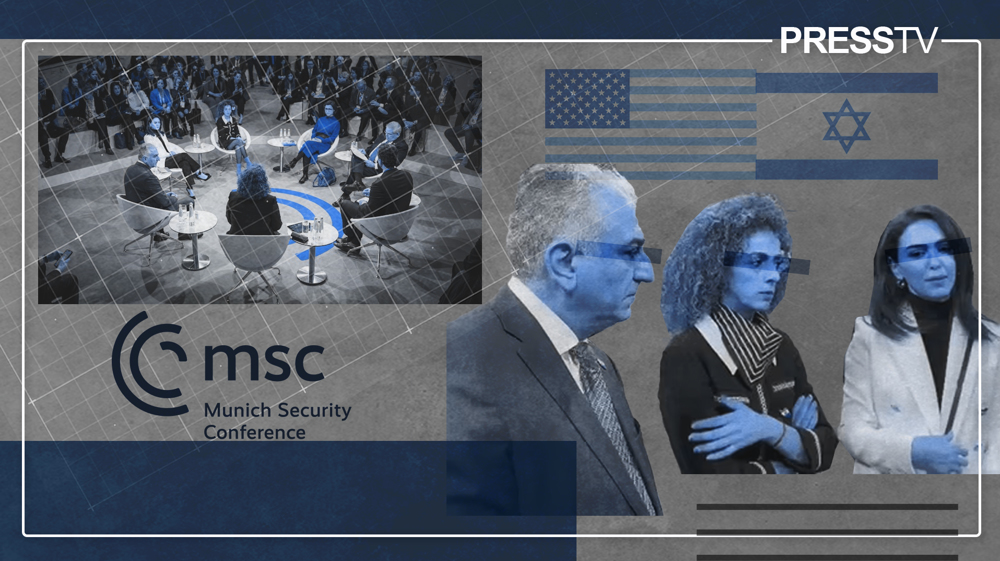Germany’s SPD set to expel chancellor Schroeder over Ukraine crisis, Putin ties
Germany’ Social Democratic Party (SPD) is set to expel former chancellor Gerhard Schroeder from the party over the conflict in Ukraine and his alleged ties to Russian President Vladimir Putin.
The SPD’s Hannover branch opened a hearing on Thursday, gathering officials to discuss 17 applications from local and regional chapters against Schroeder's party membership.
However, according to German news agency dpa, Schroeder didn’t attend the hearing and also didn’t have a lawyer representing him in the meeting.
Schroeder has “decided that his financial and personal dependence on Putin is more important than his commitment to the SPD or the legacy of his chancellorship,” senior party member Thomas Kutschaty told the Rheinische Post daily.
Schroeder, who was Germany’s head of government from 1998 to 2005, presides over the board of the Russian oil company Rosneft and is chairman of the shareholder committee of pipeline company Nord Stream.
In the wake of Russia’s offensive in Ukraine at the end of February, the SPD leadership had called on Schroeder several times, asking him to relinquish his roles at the Russian state-owned companies and hand in his membership of the center-left party.
However, the former chancellor has reiterated that he has no intention of resigning his seats on boards of Russian energy firms and the SPD as well. Expelling party members in Germany is a complicated process that frequently fails.
“I won’t give up my opportunities to speak to President Putin,” Schroeder told the Frankfurter Allgemeine newspaper, defending his relations with the Russian president.
He also criticized the European focus on delivering weapons to Ukraine and fanning the flames of war. “I don’t believe in a military solution,” he said.
US: No Russian reps at G20 meeting
Separately, US Treasury Secretary Janet Yellen said the Russia government has no place at this week’s meeting of the G20 over its offensive in Ukraine.
Speaking at a news conference on the sidelines of a G20 meeting of finance officials on Thursday, Yellen blamed the hiking energy prices and rising food insecurity on Russia and said that she would condemn the "invasion" of Ukraine “in the strongest possible terms”.
“I think I've made clear that it cannot be business as usual with respect to Russia's participation at these meetings,” she said.
Yellen said she would continue to push hard for a cap on the price of Russian oil stressing that it would help lower energy prices with the help of European and potentially British and US sanctions on the transport of Russian oil.
Yellen also said that she hopes that China and India would participate in the West's actions against global energy price hike.
“It will give Russia a way to continue exporting oil ... and it will help consumers throughout the world, including in China and in India, avoid a spike in global oil prices,” she said.
VIDEO | Press TV's news headlines
UN investigators: ‘Hallmarks of genocide’ found in Sudan’s El Fasher
UN rapporteur Albanese: Israel’s West Bank land grab 'will consolidate annexation'
Three Palestinians killed in Israeli raids on Gaza on first day of Ramadan
Hundreds of Dutch nationals served in Israeli military amid Gaza genocide
‘Playing with fire’: Russia sternly warns against any attack on Iran
VIDEO | Iran, Russia naval forces rescue hijacked ship in mock operation during naval drills
VIDEO | Iran, Russia pledge deeper energy, economic ties at Tehran commission










 This makes it easy to access the Press TV website
This makes it easy to access the Press TV website